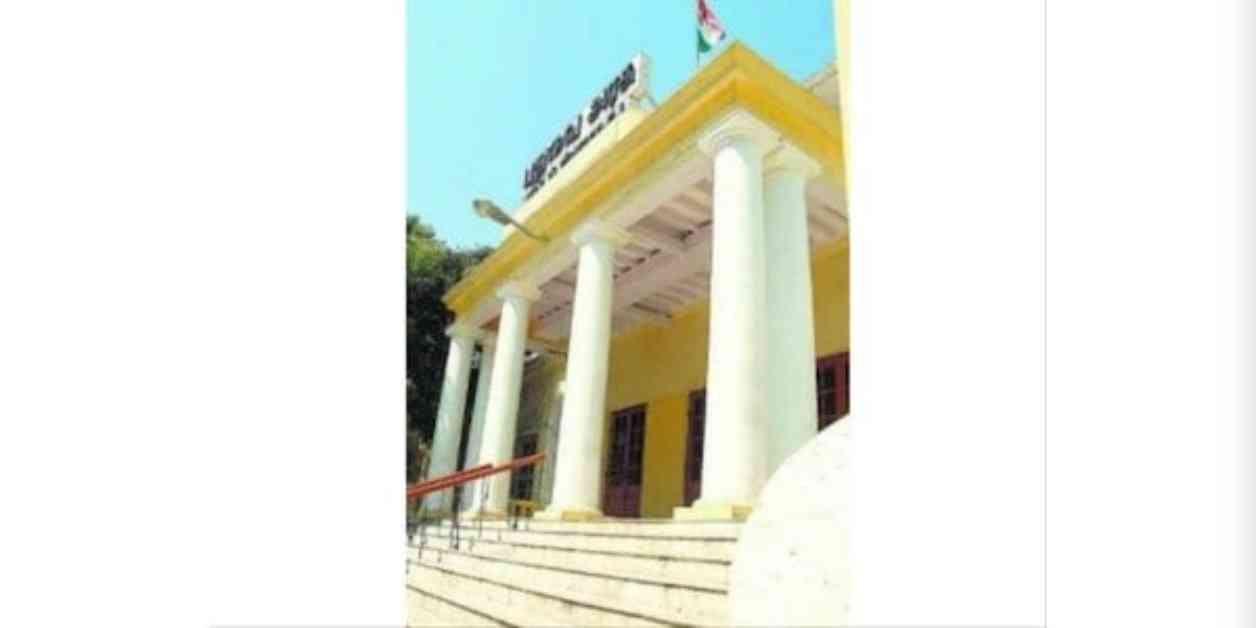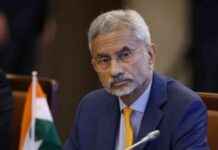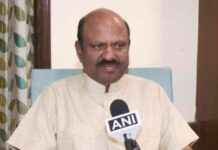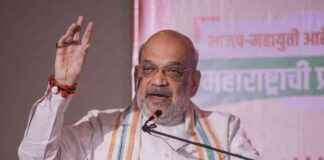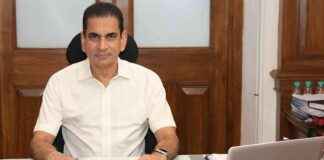**Puducherry Assembly Unanimously Passes Resolution for Statehood**
In a significant development, the Puducherry state Assembly recently passed a unanimous resolution expressing its strong sentiments to the Centre regarding the longstanding demand for statehood for this union territory. This move reflects the growing momentum behind the plea for statehood, which has been a recurring theme in the political discourse of Puducherry.
**Historical Background and Political Landscape**
Puducherry, along with its outlying regions of Karaikal, Mahe, and Yanam, has been functioning as a union territory since their merger with the Indian Union through a referendum in 1954. Over the years, the territorial Assembly has adopted resolutions on 15 occasions advocating for statehood. Political parties across the spectrum, in their election manifestos for both Assembly and Lok Sabha polls, have consistently promised to work towards achieving statehood for Puducherry.
One of the primary grievances cited by proponents of statehood is the perceived lack of full-fledged powers accorded to the elected government. Currently, even the introduction of a Bill in the territorial Assembly requires the consent of the Centre, leading to delays and bureaucratic hurdles in the implementation of decisions. Chief Minister N Rangasamy, leading the AINRC-BJP coalition government, has been a vocal advocate for statehood, emphasizing the need for expedited decision-making and governance.
**Support Across Party Lines**
Former Chief Minister V Narayanasamy, a senior leader of the Congress party, has reiterated his party’s firm support for the statehood cause. He emphasized that statehood is essential for empowering the territorial government to effectively manage its finances and resources. Narayanasamy dismissed concerns about the financial implications of statehood, highlighting the potential benefits of increased central funds and revenue sources for Puducherry.
The issue of statehood has been a recurring point of contention between the elected government and the Lieutenant Governor, with frequent disputes hampering governance and decision-making. The recent decision to supply free rice through ration shops, approved by the Lieutenant Governor, underscored the challenges posed by the current administrative framework. Proponents of statehood argue that the inclusion of Puducherry in the Central Finance Commission would enhance financial devolution and resource allocation, benefiting the region’s overall development.
**Challenges and Opportunities**
Despite the longstanding demand for statehood, the path to achieving this goal has been fraught with challenges. Tussles between different political factions, as well as conflicts between the territorial government and central authorities, have impeded progress on the statehood issue. The recent inclusion of the BJP in the AINRC coalition government has raised hopes for a renewed push towards statehood, with leaders from various parties calling for a joint delegation to advance the cause.
AIADMK’s Puducherry secretary A Anbalagan emphasized his party’s commitment to the statehood demand and urged the current government to intensify its efforts in this direction. With legislators expressing optimism about the prospects of achieving statehood, there is a renewed sense of urgency and determination to overcome the obstacles and realize this longstanding aspiration.
In conclusion, the demand for statehood in Puducherry has gained significant momentum, with political leaders and legislators united in their call for greater autonomy and self-governance. The recent resolution passed by the territorial Assembly underscores the collective will of the people of Puducherry to assert their rights and shape their own destiny. As the statehood movement gathers steam, it remains to be seen how the Centre responds to these demands and whether Puducherry will finally attain its long-awaited status as a full-fledged state.
